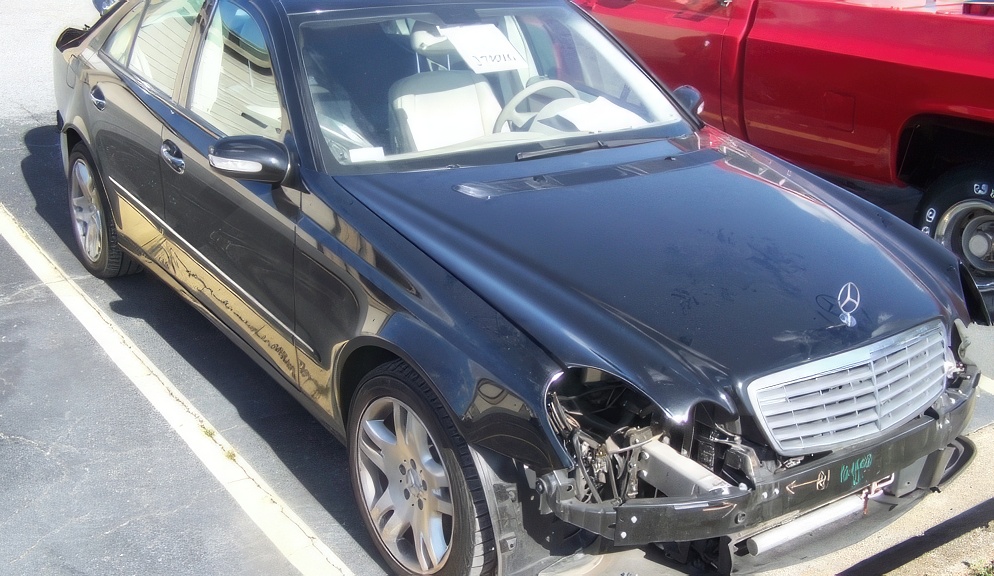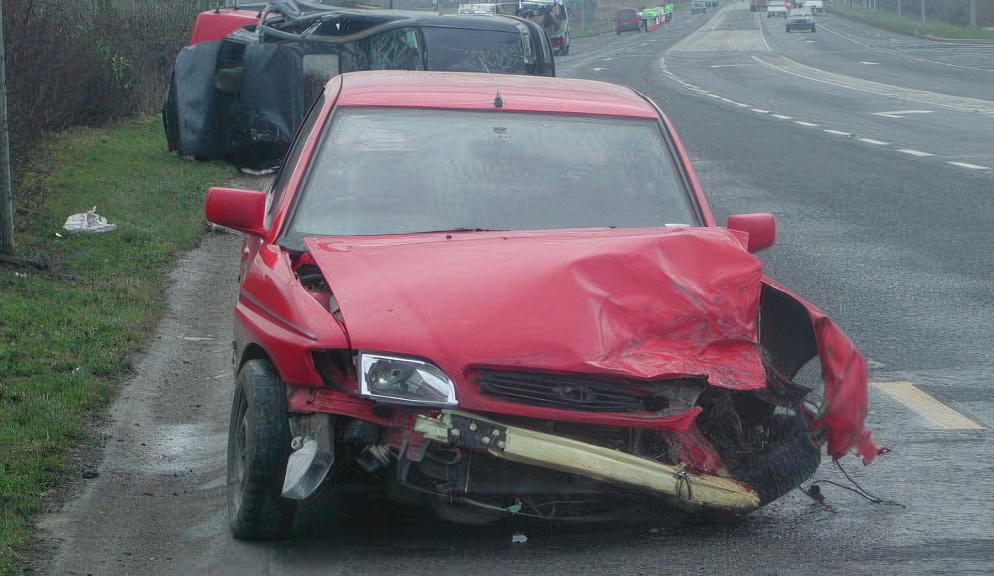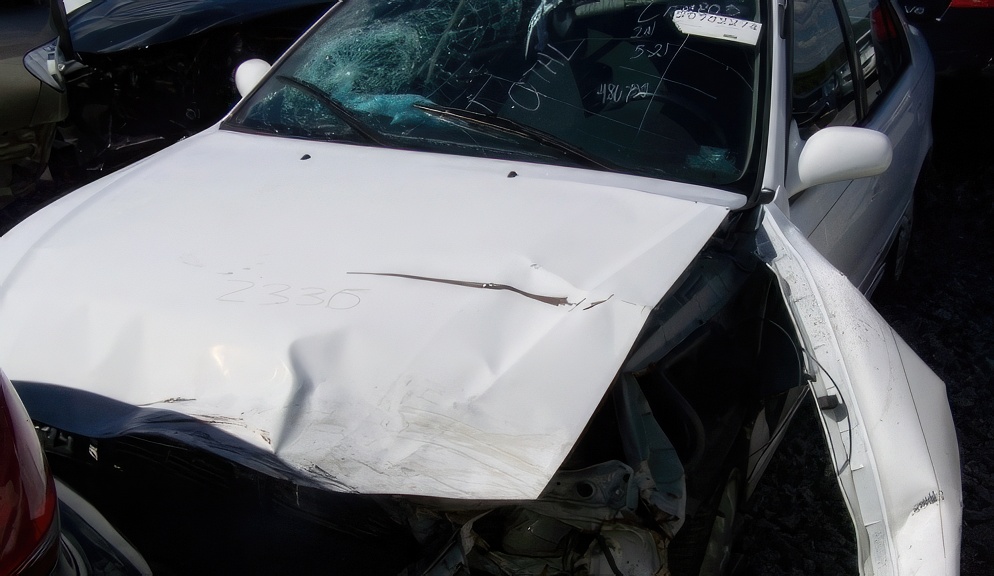Who Pays Diminished Value?

When your car is damaged in an accident, the journey to restoration involves more than just physical repairs. A critical, often overlooked aspect is the concept of ‘diminished value’ – a term that signifies the loss in a vehicle’s market value post-repair due to its accident history.
This article delves into the nuanced question of “Who pays diminished value?” – a query crucial for car owners seeking to understand their rights and recoup their losses in the aftermath of an accident. We’ll explore the impact of diminished value on insurance and resale, at-fault parties, and various legal considerations, providing insights to guide you through this complex yet essential aspect of auto insurance claims.
The Role of Insurance in Diminished Value Claims
In situations where a car’s diminished value is a consequence of an accident, the at-fault party’s insurance typically bears the responsibility for compensation. This is based on the principle that the party responsible for the damage should also bear its financial repercussions. However, claiming diminished value from insurance companies can be a challenging process, often requiring strong negotiation skills and solid evidence.
In no-fault states, the situation can become more complex. In these states, each driver’s insurance policy covers their own losses, regardless of who caused the accident. This can make it difficult for car owners to claim diminished value, as their own insurance policies might not cover these losses. Understanding the specific stipulations of your insurance policy and the laws in your state is crucial in these cases.
Insurance companies often approach diminished value claims with skepticism and may offer settlements far lower than the actual diminished value. To counter this, car owners must be prepared with comprehensive documentation, including the accident report, detailed repair invoices, and a professional appraisal. These documents help substantiate the claim and can be instrumental during negotiations.
Legal Aspects and Seeking Professional Help
In certain scenarios, car owners might need to seek legal assistance to claim their rightful diminished value compensation. This is particularly true when dealing with uncooperative insurance companies or when the liability is disputed. An attorney with experience in auto insurance and diminished value claims can provide essential guidance and increase the likelihood of a successful outcome.
Professional appraisals play a vital role in legal proceedings. These appraisals offer an objective assessment of the vehicle’s value before and after the accident, serving as a critical piece of evidence. An expert appraiser’s report can significantly strengthen a claim, providing a solid foundation for legal arguments and negotiations with insurance companies.
In addition to legal advice, car owners should also consider the timing of their claim. Each state has its own statute of limitations for filing diminished value claims, and missing these deadlines can result in the forfeiture of the right to claim. Being aware of these timeframes and acting promptly is crucial for car owners seeking compensation for diminished value.
Navigating the Claim Process: A Car Owner’s Guide
Successfully navigating a diminished value claim requires a blend of preparation, understanding, and sometimes, persistence. The first step is to thoroughly document the accident and its aftermath. This includes gathering all repair documents, photos of the damage, and any other relevant information that can paint a clear picture of the impact on the vehicle’s value.
The next step involves obtaining a professional appraisal. This appraisal should reflect the vehicle’s value before the accident and its diminished value post-repair. Car owners should seek appraisers who specialize in diminished value assessments, as their expertise will lend credibility to the claim.
Once the necessary documentation and appraisal are in hand, car owners should approach the insurance company with their claim. This process often involves negotiations, as initial offers from insurance companies may not match the appraised diminished value. Car owners must be prepared to present their case effectively, using the appraisal and documentation as leverage to argue for a fair settlement.
Conclusion: Securing Fair Compensation for Diminished Value
The journey to securing fair compensation for diminished value is often complex and can be daunting for many car owners. It involves understanding the nuances of insurance policies, state laws, and the intricacies of vehicle valuation. However, with the right approach, including thorough documentation, professional appraisals, and possibly legal assistance, car owners can navigate these challenges.
Remember, the key to a successful diminished value claim lies in being informed, prepared, and proactive. By understanding the process and your rights as a car owner, you can ensure that you are fairly compensated for the diminished value of your vehicle, safeguarding your financial interests in the wake of an accident.





